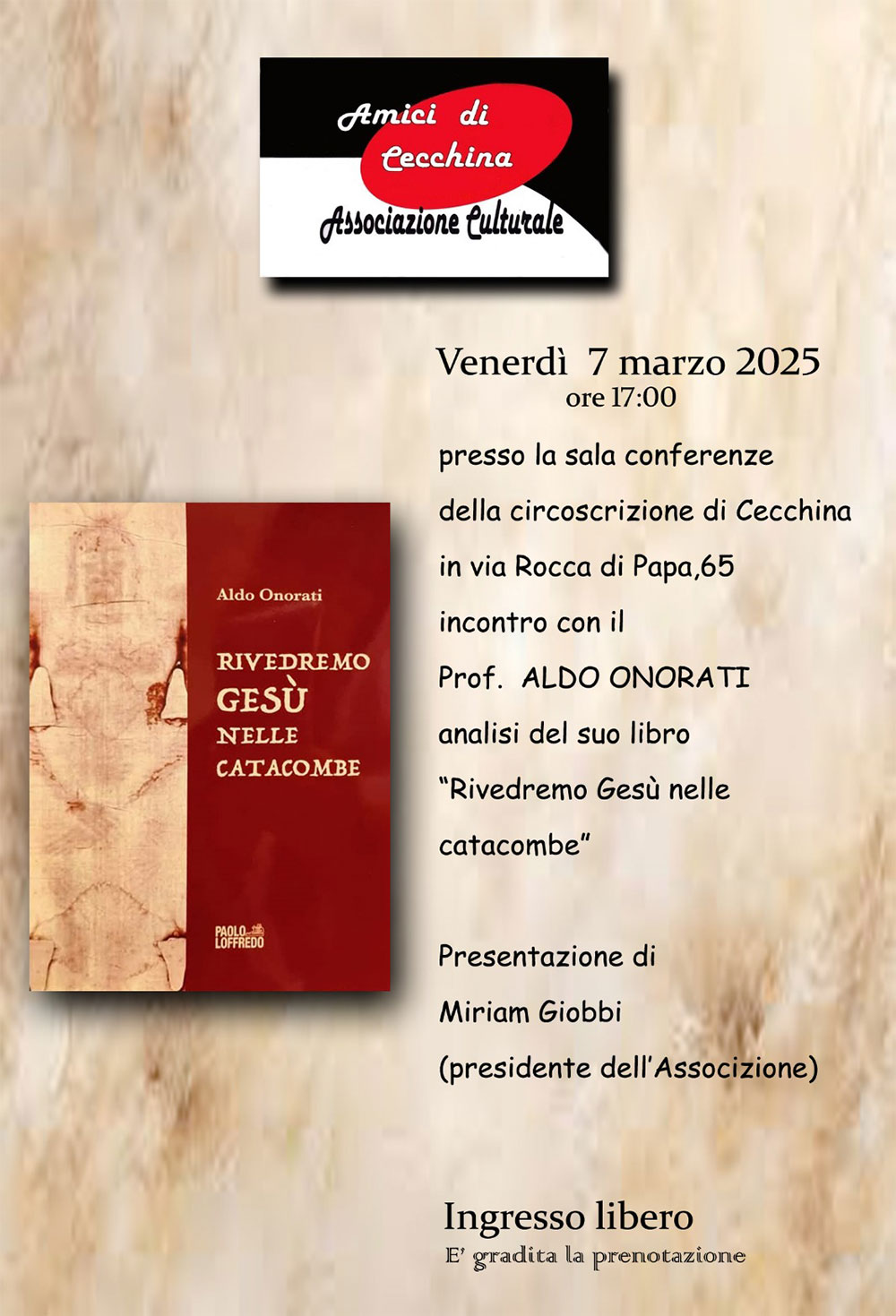 Paolo Loffredo, sixth generation of a large family of publishers and booksellers engaged in the production and distribution of books since the late nineteenth century, creates in 2012 the new editorial company Paolo Loffredo Editore. The historical site was until the '80s in the heart of the historic centre of Naples in Via San Biagio dei Librai, lower Decumano and also known as the SpaccaNapoli.
Paolo Loffredo, sixth generation of a large family of publishers and booksellers engaged in the production and distribution of books since the late nineteenth century, creates in 2012 the new editorial company Paolo Loffredo Editore. The historical site was until the '80s in the heart of the historic centre of Naples in Via San Biagio dei Librai, lower Decumano and also known as the SpaccaNapoli.
At the beginning of the twentieth century, Giuseppe Loffredo decided to add book selling to the book production, which definitively imposed itself after World War II with the publication of manuals for the University and for the School that succeeded in establishing themselves soon throughout Italy.
LAST EVENT
"Rivedremo Gesù nelle catacombe"
07 Marzo 2025 - Sala Conferenze circoscrizione di Cecchina - via Rocca di Papa 65, Albano Laziale (RM) - ore 17,00

Il Cristo di Wilde e Pasolini
ISSN 2611-1470
Language: Italian
Publisher: Paolo Loffredo Editore Srl

Description
Book preview
Review - "Il Mattino.it"
Review - "A Naso - Dante's Magazine"
Review
Review - "Cronache Cittadine"
Review - "Leggeretutti.eu"
Review - "giornaleinfocastelliromani.it"
Review - "Controluce.it"
Review - "Controluce"
Review - "Lo scaffale del libro"
Review - "huffingtonpost.it"
Review by Montini
Il Cristo di Wilde e Pasolini
Aldo Onorati’s study is fascinating, as it was conducted on registers and narrative techniques regarding the radical questions in everybody’s life. It juxtaposes the biographical events of two of the main poems and writers between XIX and XX century, tracing the elements of a heretical, candic and labyrinthine Christology.
Attentions is given to the figure of Christ at the origin of this book, corroborated by a Pier Paolo Pasolini’s pun: “When I had the opportunity to speak to Pasolini about the divinity of the Redeemer, he answered something like: I don’t believe it is God, but his coherence, the height of his life, his teaching and his death that make him divine. I couldn’t obviously meet Oscar Wilde, but I read as much as possible, focusing on that and coming back many times to his masterpiece, the De profundis. For so long I have been thinking about writing my considerations noy about Jesus, as it would be too pretentious because I am not a theologian or a priest, bus focusing on two of his interpreters: Wilde and Pasolini, who were fascinated by him in a particular ad unique way”.



